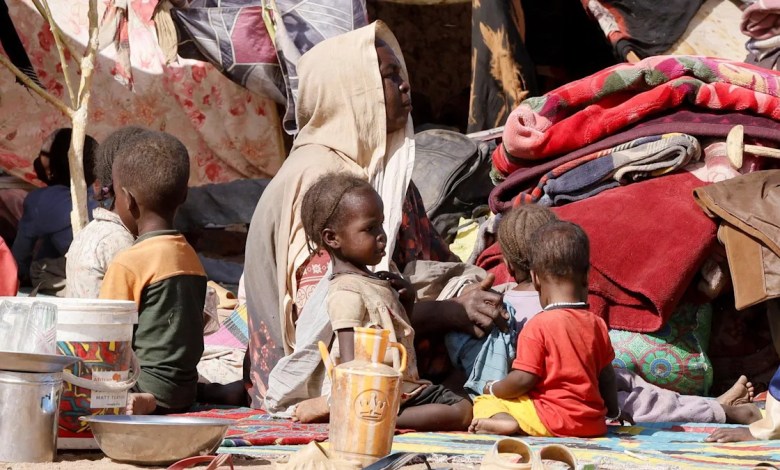War crimes may be committed in Darfur, the International Criminal Court found

The International Criminal Court of the United Nations Security Council (ICC) said Thursday that Western Sudan is committing “reasonable reasons” for war crimes and crimes against humanity.
Targeted sexual violence against women and girls targeting specific races has been appointed as one of the most disturbing findings in the investigation of crimes committed by the International Criminal Court against Darfur.
In April 2023, a war broke out between the Sudanese army and the Rapid Support Force (RSF), resulting in what the United Nations calls “destructive civilian casualties.”
“It’s hard to find the right words to describe the depth of pain in the area,” said Deputy ICC Attorney Nazhat Shameem Khan.
The UN Security Council has given the International Criminal Court a mandate to investigate and prosecute crimes in Darfur twenty years ago, and since July 2002, institutions have conducted multiple investigations into war crimes and genocides committed in the region.
After the civil war broke out again, the International Criminal Court launched a new investigation in 2023, interviewing victims of the latest iteration of the conflict fleeing neighboring Chad.
Ms. Khan described an “inevitable pattern of crime” and stressed that the team is working to translate the crime into evidence from the court.
The war crime charges have persisted over the past two years and in January 2025, the RSF and Allied militia have committed genocide.
The RSF denied these claims and said it was not involved in the “clash of clans” in Darfur.
UN reports show that conditions in Darfur continue to deteriorate, hospitals and humanitarian convoys suffered targeted attacks, and food and water were deliberately detained.
Civilians in the capital El-Fasher were cut off entirely due to armed siege by RSF forces, and the outbreak of cholera across conflict areas poses a serious threat to the already scarce water supply.
The escalating famine has put the region in trouble, and the United Nations Children’s Agency (UNICEF) reported that more than 40,000 children were admitted to hospital between January and May 2025 due to severe acute malnutrition, more than double the number of received in the same period last year.
“The children in Darfur starved to death and were isolated from the aid that could save them,” said Sheldon Yett of UNICEF.
Over the past two years, 150,000 people have died in the conflict and about 12 million have fled their homes, but Ms Khan warned: “We should not be subjected to any fantasy – things will still get worse.”


